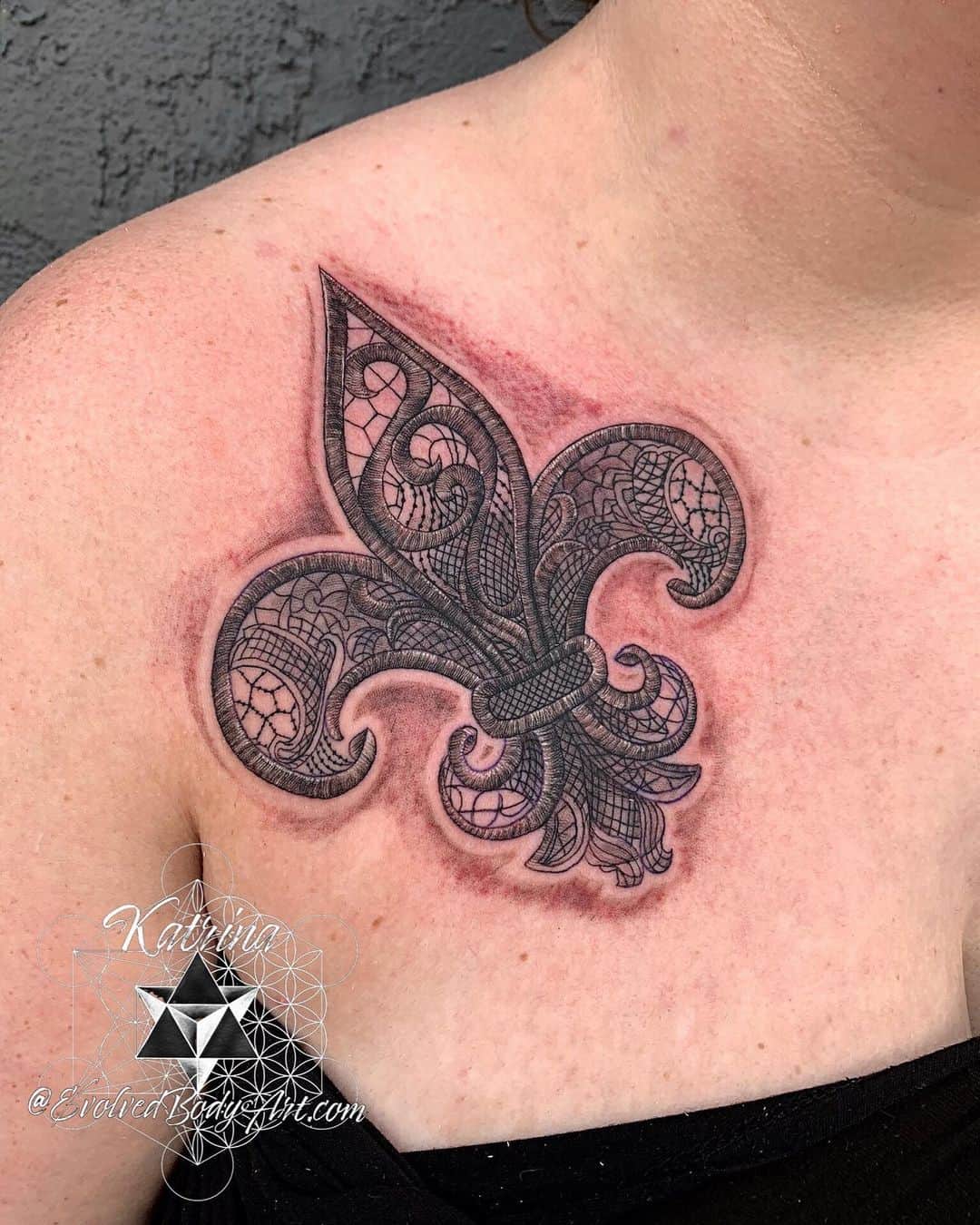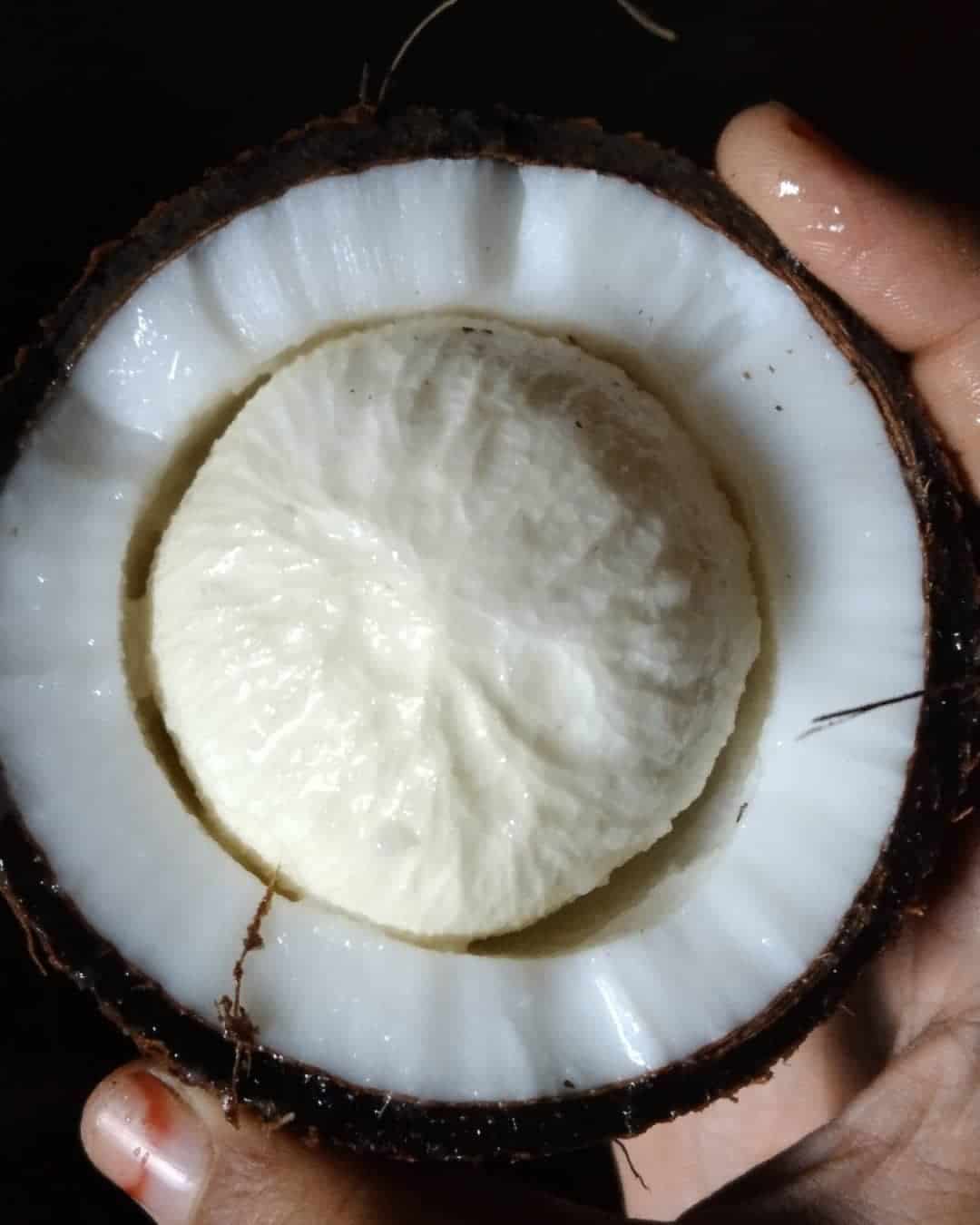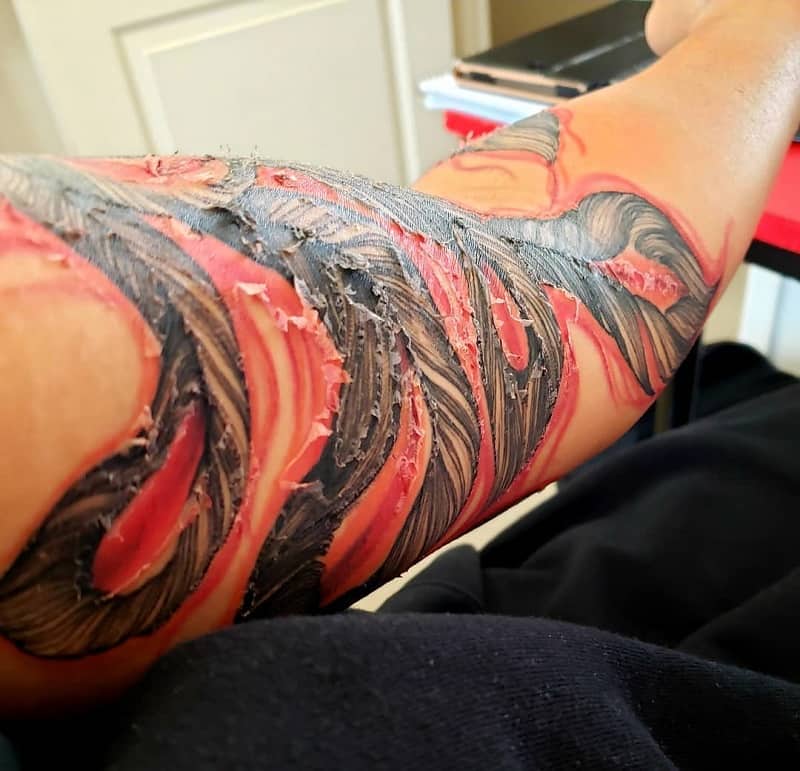Why Is My Tattoo Raised and Itchy?
No tattoo ink is regulated by the FDA, so there is no insight into the components of tattoo ink in the USA. However, the ingredients found in ink, known to cause allergic reactions, include aluminum, manganese, cobalt aluminate and chloride, carbon or India ink, lead chromate, zinc oxide, and many others.
3. Skin Condition(s)
Skin conditions are some of the most common causes of a raised and itchy tattoo. Whether you have dry or sensitive skin, or you’re dealing with eczema and dermatitis, any kind of change on the skin can be considered a skin condition. Many people aren’t aware of this and think that if they simply have dry or sensitive skin, they’re good to go and get a tattoo.
It is essential to see a dermatologist and get your skin checked before a tattoo appointment. A dermatologist will provide a detailed insight into your skin’s status and condition, and clear you for tattooing if everything’s fine.
A dermatologist can even predict whether you could experience skin cancer in the future and recommend you do not get a tattoo. Ink can cover skin cancer symptoms and visible signs, which can be a severe problem on its own.
However, if you experience itching and raised skin after the tattooing process, you should go and check the issue with your dermatologist. They will check your skin type and possible conditions, study the itchiness, observe the skin swelling and provide adequate treatment.
4. Going Through an MRI
This may seem surprising to many, but getting an MRI while being tattooed can cause the tattoo to be raised and itchy. You may wonder why?
Well, remember when we said that inks contain metals? Such, metal-based ink can react during an MRI scan, due to the magnetic forces. Because metals from the skin are being pulled, the skin swells, and tattoos become raised, itchy, and even burning.


















